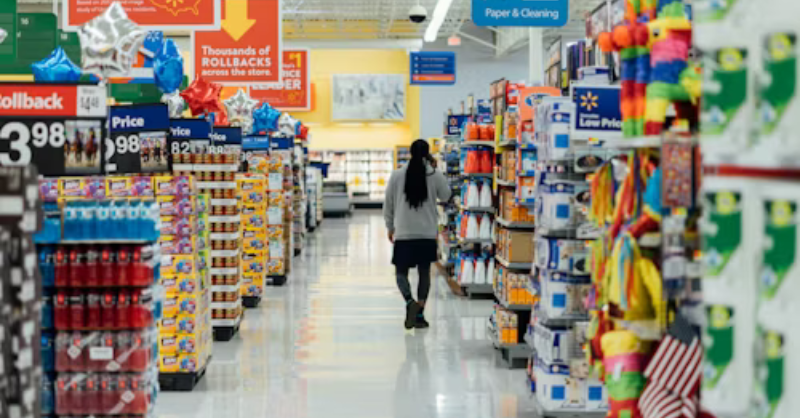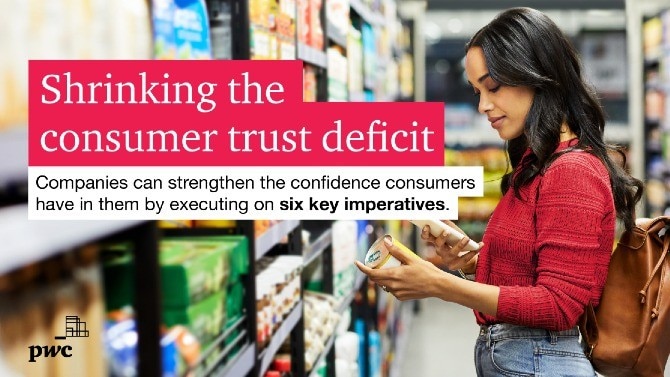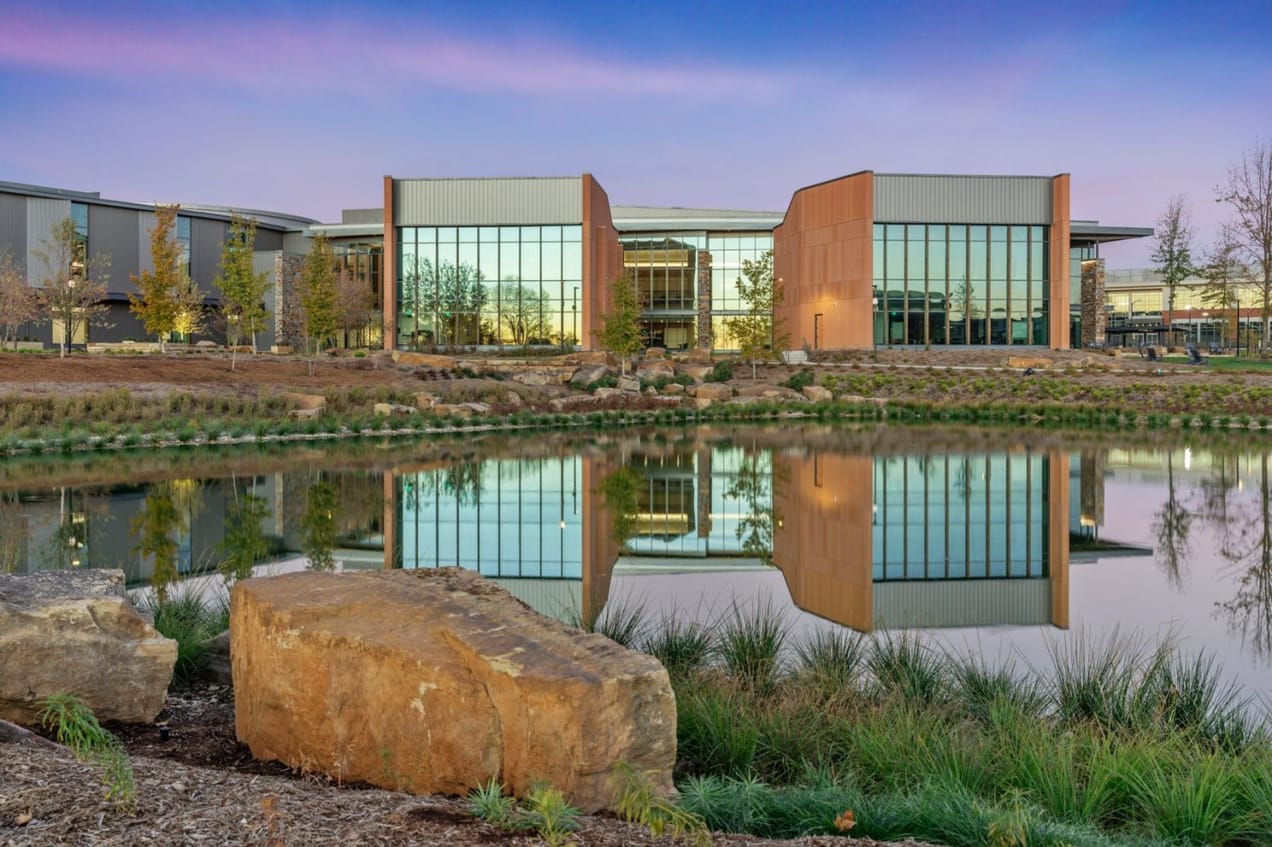
How willing are we to pay a green premium?
A recent PwC survey suggests we are willing to pay a green premium, but is this being reflected in real world decision making? The jury is still out on this one. Be careful about surveys, the intentions actions gap (what you say you want is not what you end up doing) is often more important than you think.

What Caught Our Eye this week - for greener actions to happen we need to pay a price premium. That bit extra that pays for our product or service to be more environmentally or socially responsible. Increasingly consumers say they are willing to pay, but it's important to remember that sometimes we don't follow through. And the why is important. Sometimes our reasoning can be complex.
Its free to become a member ... just click on the link at the bottom of this blog or the subscribe button. Members get a summary of our posts from that week, including What Caught Our Eye and Sunday Brunch, delivered straight to your inbox. Never miss another blog post !
Consumers willing to pay 9.7% sustainability premium,says PWC report
The PWC 2024 Voice of the Consumer Survey produced some interesting data points. To quote the report....
More than four-fifths (80%) of consumers say they are willing to pay more for sustainable produced or sourced goods. In terms of a price premium, some consumers are willing to pay on average 9.7% more for goods that meet specific environmental criteria.

That sounds encouraging for those companies seeking to achieve a green premium. Especially as this is broadly consistent with last years survey result (9.8%).
It's however worth digging a bit deeper on this.
According to PwC, tangible attributes seem to be the most popular, which makes sense. This includes production methods that emphasise waste reduction and recycling, eco-friendly packaging, and making a positive impact on nature and water conservation.
This all sounds good - find the right sustainability lever and add 10% to the price. To be fair to PwC, this is not what they are saying, its just how the story has got frequently picked up by the media.
We all know it's not that simple.
I was a consumer goods analyst for a long while, and the first thing you learn is that the simple explanation of why consumers act is probably wrong. Consumers pay that bit more for products for all sorts of reasons. Sometimes it's branding, other times its how the product actually tastes, and sometimes it's just price. As a 2022 Euromonitor blog pointed out ...
Price plays a complex role in consumers’ product evaluation process and impacts their purchasing decisions. Price is not seen only as a cost but also works as an indication of quality.

And then there is the gap between what people say, and what they do. A Boston Consulting Group report, also from 2022, suggested that while 80% of consumers claimed to be concerned about the environment, only 20% said they believed their actions could make a difference, and only 1% to 7% actually paid a premium for a more sustainable product.

Why might this gap exist - between people saying they care, and being willing, in sufficient numbers, to actually pay a premium?
There are a few schools of thought.
The first is the one at the top of the blog, the intensions-actions gap. There is a gap between what we think we want, and what we are actually prepared to do. That is just how people behave.
The classic example is going to the gym. Lots of people sign up for gym membership in January, it's their New Years resolution. "I am going to get fit this year". And we all know what happens. By the end of the month other things are much more interesting and we end up either going very occasionally, or not going at all.
In one of my previous jobs we used to come up against this all the time. We helped identify demand for new public transport systems. And that is harder than you think. One traditional approach was effectively to ask people 'if you could get a tram to work, how much would you pay for the ticket'? And sadly, the answers were pretty useless.
As a result what is called 'revealed preference' studies were born. Trying to get behind what people say, to what they actually mean.
But this doesn't feel like a useful response.
If people don't do what they say, we want to know why this happens. Because then we can start to change behaviors.
Another perhaps more useful answer is that company communication on sustainability is still not quite hitting the mark. And that there are some big consumer groups whose actions suggest they could be persuaded to pay a bit more. We just have to pitch it right.
A good example of this school of thought is Boston Consulting Group. In a 2022 study they identified two groups of consumers who they argued were already half way to being prepared to pay a premium.

These were first, those who are already buying sustainable products and services (but not yet paying a premium), and second, those who are adapting sustainable behaviors in other parts of their lives (such as washing clothes at a lower temperature, or using refillable packaging). And to get them to pay a bit more they need marketing messages that appeal specifically to them. So rather than trying to get the 'average' consumer to change, focus instead on those who are already acting on their sustainability beliefs.
It makes sense when you put it that way.
And then there is the green washing school of thought. This was well described by Nawar Alsaadi in a recent LinkedIn post. Nawar makes the point that ...
"companies can make as many sustainability claims as they wish, but if consumers don’t trust these commitments, any expected sales benefits from such sustainability improvements are unlikely to materialize. The value of a modest but real, credible, and verifiable sustainability commitment far exceeds the value of a grandiose, empty, sustainability claim".

I suspect the answer is a bit of all of these.
Some people like to think they will change, but they probably will not, ever.
And another group are already half way to being willing to pay a premium, but they need better marketing, something targeted to them.
And then there are others who care about the environment, but they just don't trust companies to tell them the truth. And this last group sadly are probably getting bigger and harder to reach, as more and more greenwashing gets called out.
So maybe Boston Consulting Group are right? And maybe, just maybe, companies should stop over promising (and underdelivering).

Please read: important legal stuff.





